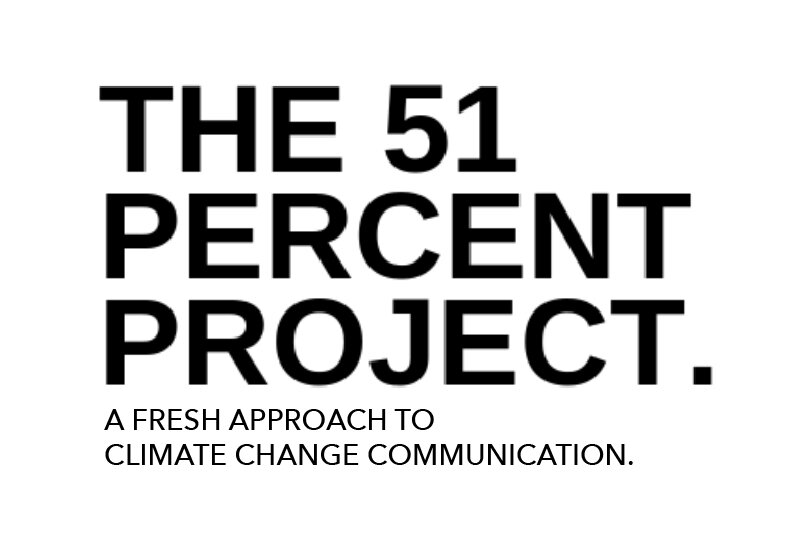Talk about it. But first, Listen. The greatest story waiting to be told is about climate solutions underway, and the people working nonstop to deploy them. Focus on this angle. Follow reliable resources, and find the people who are working on this in your company, community, and social circles. They’re some of the smartest people alive today: they care about their kids and future generations, and they’re leveraging their talents and resources to accelerate the transition to clean energy.
Yes, climate change can be a conversation stopper. The existential scale of the problem and the transformative approaches required to fix it can make this a very awkward subject for everyday conversation. 67% of Americans say they “rarely” or “never” discuss global warming with family, friends, and co-workers. But we’ll never address it properly if we don’t talk about it!
Talking about climate change is among the most impactful actions you can take to be part of the solution. Simply talk about it in the course of your daily life. This will normalize the subject.
More and more people are becoming concerned about climate change, but the majority assumes other people are not concerned. It’s easy to find out: ask!
We assume people aren’t interested in talking about it because of their political views, for example. We may be motivated by a fear of being disliked, or by avoidance of an anticipated politically charged argument. This shuts us up and creates a “climate spiral of silence.” The phenomenon of pluralistic ignorance is at the root of this behavioral sequence. In a paper called Climate of Silence: Pluralistic ignorance as a barrier to climate change discussion, co-authors Nathaniel Geiger and Janet K. Swim of Penn State’s Psychology department conclude that “inaccurate perceptions of others’ opinions (i.e. pluralistic ignorance) contribute to self-silencing among those concerned about climate change.” When we are aware of someone’s concern, we’re more likely to raise the subject. Assume people are concerned.
A majority of people say they hear about climate change in the media at least once a month,
but far fewer people hear about from family and friends.
What is your listener most interested in? Kids, health, money, jobs, getting out in nature? Is climate change real to them through personal experience? Or is it still a “then and there” concept, not a “here and now” reality? Tailor your messaging to that interest. “Start from the heart,” Dr. Katharine Hayhoe advises. “Start by talking about why it matters to us. Begin with genuinely shared values. “If you don’t know what values the person has, have a conversation. Get to know them, figure out what makes them tick.”


